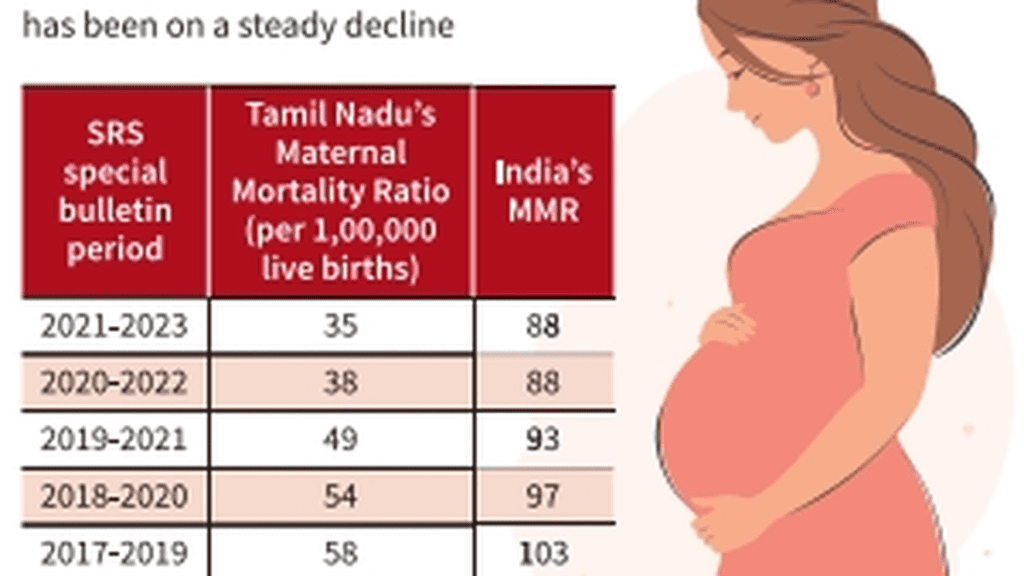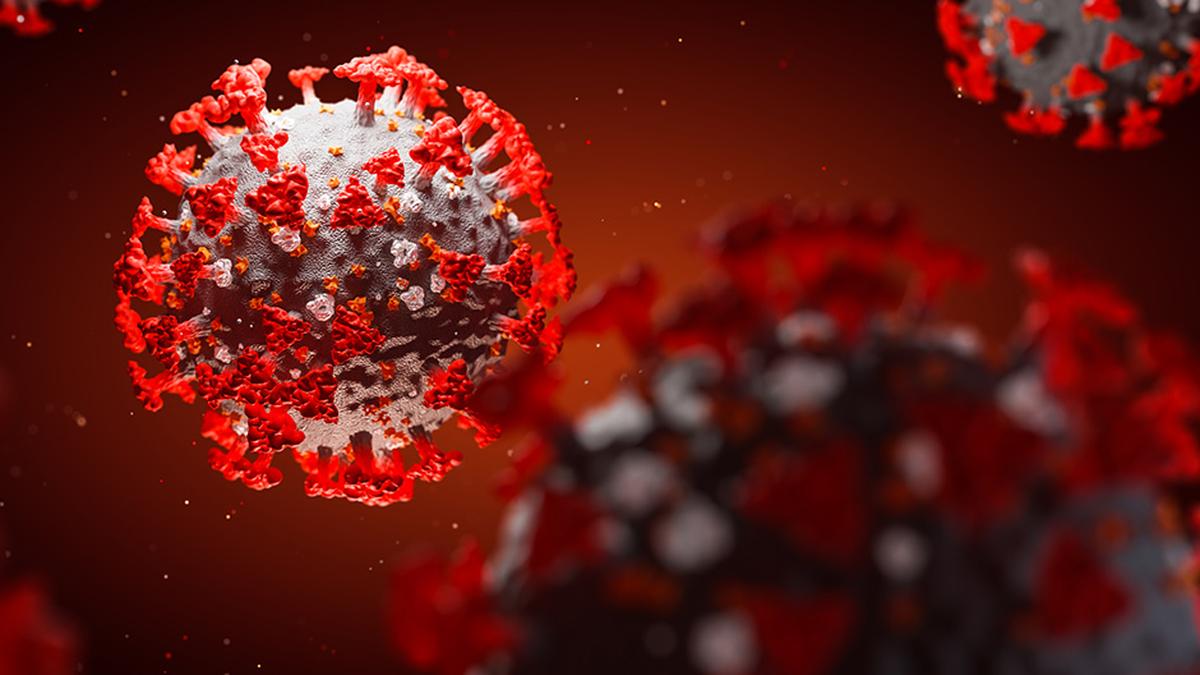Reiterating the cancer risks of alcohol consumption Premium

Reiterating the cancer risks of alcohol consumption Premium
In early January, United States Surgeon General Vivek Murthy, who released the new Surgeon General’s Advisory on Alcohol and Cancer Risk, called for cancer risk warnings on alcohol-containing beverages.
The health risks associated with alcohol consumption are well-known; with the advisory stating that alcohol consumption is the third-leading preventable cause of cancer in the U.S., after tobacco and obesity.
The World Health Organization (WHO), in its Global status report on alcohol and health and treatment of substance use disorders, noted that “the global burden of disease and injuries caused by alcohol consumption can be quantified for 31 health conditions on the basis of available scientific evidence for the role of alcohol use in their development, occurrence and outcomes.” “When it comes to alcohol consumption, there is no safe amount that does not affect health,” the WHO said in a statement published in The Lancet Public Health.
However, how far this message has penetrated and how much of it was understood, especially in a setting like India, remains debatable. The fact remains that consuming alcohol increases the risk of at least seven types of cancer — mouth, pharynx, voice box, esophagus, breast (in women), liver, colon and rectum.
According to the National Family Health Survey-5 (2019-2021), 18.8% of men and 1.3% of women aged 15 and above consume alcohol in India.
Surendran Veeraiah, professor and head, Psycho-oncology and Resource Centre for Tobacco Control, Cancer Institute (WIA), said that there was confusion among the people due to misinformation about alcohol and cancer. “Some doctors say that drinking alcohol in moderation or drinking red wine is good. Such myths and misconceptions only mislead people. It is clearly established that alcohol is carcinogenic. So, it is important for healthcare professionals to take this up seriously and communicate to people that alcohol is carcinogenic. They should discourage alcohol consumption,” he said.
Reducing the availability of alcohol is not a deterrent, he said, adding: “Policy makers should understand that alcohol is not a substitute for revenue generation. Revenue making was how it started off for tobacco — stating that tobacco companies pay tax,” he said.
Also Read: Moderate alcohol consumption has no health benefits
Senior surgical gastroenterologist R. Surendran, who was formerly the director of Institute of Surgical Gastroenterology, Government Stanley Medical College Hospital, said alcohol is the main cause of cirrhosis of liver in India. “Nearly 20% of cirrhosis cases could progress to liver cancer. So, alcohol is directly a cause for liver cancer. Alcohol is definitely dangerous to health and there are many myths that surround its consumption,” he said. He added that consuming alcohol was bad for the health and both drinking in moderation or binge drinking were an absolute no-no.
The WHO observed that access to screening, brief intervention and treatment for people with hazardous alcohol use and alcohol use disorder remains very low, as well as access to medications for treatment of alcohol use disorders. “Overall, the proportion of people with alcohol use disorders in contact with treatment services varies from less than one per cent to no more than 14% in all countries where such data are available,” it said.
India’s Union Ministry of Health and Family Welfare had developed standard treatment guidelines for management of alcohol dependence in 2017. The objectives were: to provide advice on assessment, investigations, short-term and long-term medical management of individuals presenting with alcohol dependence and provide advice on psycho-social interventions for patients with alcohol dependence.
Talking about support services in Tamil Nadu, P. Poorna Chandrika, professor of psychiatry, Institute of Mental Health, said the psychiatry departments in all government medical college hospitals offered special de-addiction services that included inpatient de-addiction services. “In every district, the District Mental Health Programme provides de-addiction services. All psychiatrists are also trained in de-addiction,” she said.
Motivation is key in alcohol de-addiction, she said, adding that people come for treatment for various reasons: insistence by relatives, financial constraints, workplace consequences and a small percentage walk in wanting to quit. “There may be multiple relapses and slip-ups may occur. It is a difficult path but regular follow-up, medication along with motivation and a support system will help.,” she said. In addition, co-morbidities associated with alcohol dependency including anxiety and other mental health issues should be addressed. “Pharmacological and non-pharmacological treatments should go hand in hand. Attending alcoholic anonymous meetings alone without medication is also a risk factor for relapse,” she said.
There are many concerns. One of the main causes for worry is the early initiation of drinking, doctors said. Lack of continuous monitoring of private de-addiction facilities is another area of concern, they say. As a result, human rights violations do occur. There have been instances of patients crowded in a single room, scabies as well as deaths. The only solution is continuous monitoring and regular review of these centres. Increasing awareness among the public is also crucial, doctors say.










